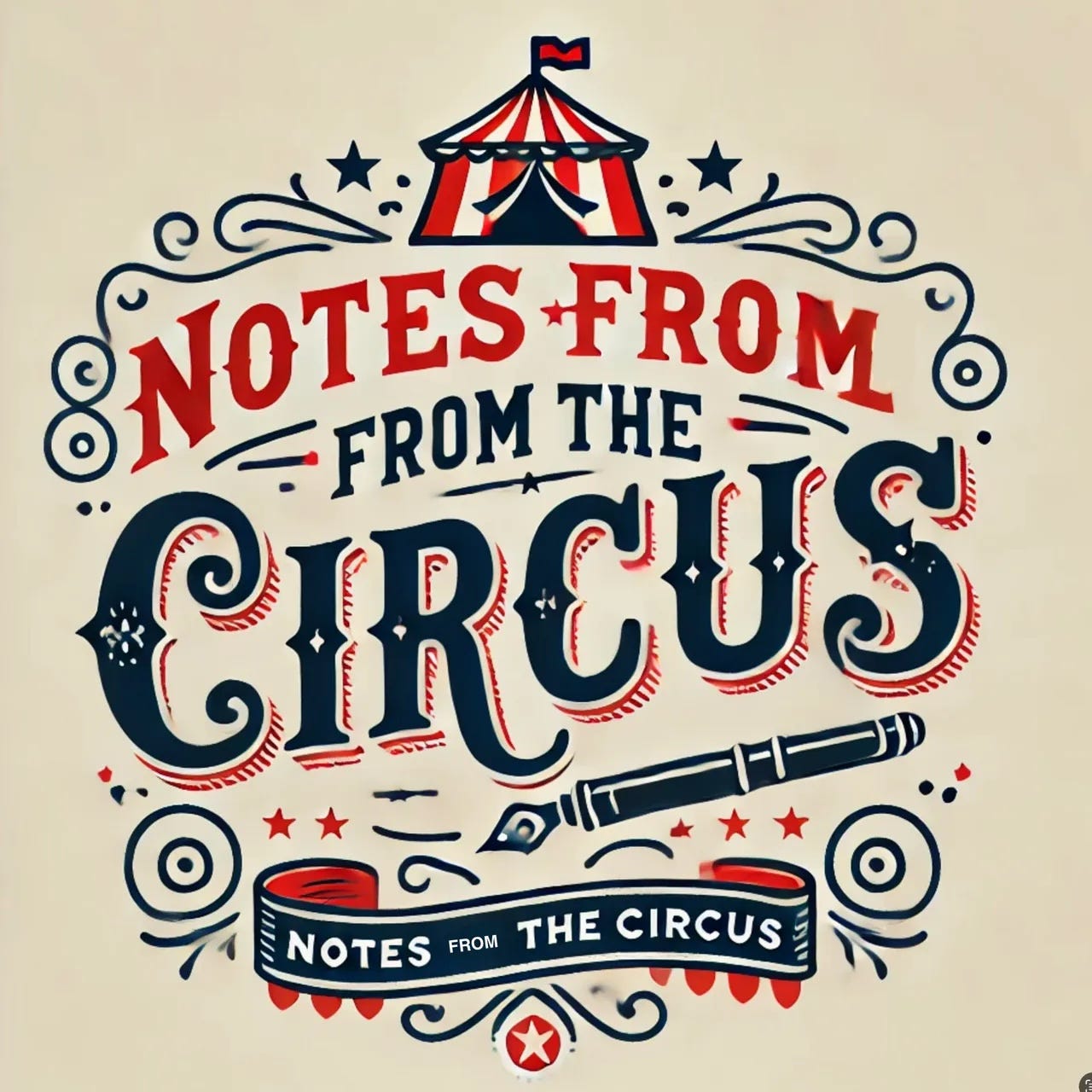Heaven is a Place on Earth
A Meditation on Loss

There is a place within the tragic dimension where some people find themselves.
A place where the boundary between love and pain blurs into a field of meaning so deep it’s almost unbearable.
And when you find yourself there, the only path to salvation is the beautiful release — the surrender.
Mercy is born here.
In that space, surrender stops being defeat.
It becomes clarity.
It becomes relief.
It becomes the moment where you stop fighting reality and let yourself be held by something larger:
Compassion.
Forgiveness.
And the simple fact that you’re still here.
Mercy isn’t an external gift in that moment.
It arises naturally when you let go of the illusion that you must carry everything alone.
This release isn’t weakness — it is the soul remembering what it means to be human.
And the powerful play goes on.
In that recognition, you finally see why love and tragedy are not two separate forces, but the dimension in which meaningful choices are made.
That’s why love and tragedy are fused.
That’s why the tragic dimension isn’t bleak — it’s sacred.
Because a being who cannot fall cannot choose.
A being who cannot be wounded cannot give themselves.
A being who cannot lose paradise cannot understand devotion.
This is why utopia is always the false promise of the devil.
And why evil wants to live forever: because evil is terrified of meaning.
Meaning requires loss.
Loss requires finitude.
And finitude demands sacrifice — which evil refuses to give.
That’s why evil always ends up alone.
If one is unable to sacrifice, unable to share the limited sustenance of the world, one closes in on oneself.
One becomes a sealed room.
People who seek immortality don’t seek life — they seek escape from the tragic dimension where meaning, love, and suffering live intertwined.
They think endless time will protect them from pain.
But in trying to escape the wound, they amputate their capacity for love.
There is another way.
The way that accepts finitude not as defeat but as the source of all value.
And that way begins in gratitude.
Grateful that existence was not owed to me, and yet I still got to experience it.
That is why I love my pain.
And I tell you honestly: I am grateful for it.
Because no matter how much it hurts, no matter how much I must suffer, my pain reminds me that I am alive — that I am a finite, conscious being who was permitted to feel the full weight and fullness of existence.
Nothing reveals aliveness more starkly than loss.
Nothing awakens gratitude more deeply than the beautiful release that comes from recognizing it won’t go on forever.
Not out of self-pity — never that — but out of the clear, sacred recognition of what it means to be a creature who begins, and therefore must end.
I hurt.
And that hurt is proof that I lived.
And in that tragic recognition — in that surrender to finitude — mercy is born, love becomes possible, and meaning becomes real.




Some truths don’t need incense or chanting. Loss already stripped you to the bone and handed you the doorway by itself.
What you wrote sits in that rare place where grief stops being an intruder and becomes a teacher. When the fight against reality finally gives out, the heart doesn’t collapse. It expands. It grows a strange new courage. It learns to breathe inside the wound instead of around it.
Thank you for your heartfelt comments. As a philosopher, you probably already know that you are not alone in this truth, one that is not always popular. Perhaps you know the following words of Rudolf Steiner, the philosopher and founder of spiritual science:
“Suffering is a side effect of higher development. We cannot avoid it in attaining insight. Human beings will one day say to themselves: ‘I am grateful for the joy the world gives me, but if I had to face the choice of keeping my joys or my sufferings, I would want to keep my sufferings for the sake of gaining insight. Every suffering presents itself after a certain time as something we cannot do without, because we have to grasp it as part of the development contained within evolution. There is no development without suffering, just as there is no triangle without angles... SOURCE: Rudolf Steiner – The Spiritual Hierarchies and the Physical World, April 21, 1909 – 2008 edition, p. 147.
“Fabre d’Olivet, who has investigated the origins of the Book of Genesis, once used a beautiful simile, comparing destiny with a natural process. The valuable pearl, he says, derives from an illness: it is a secretion of the oyster, so that in this case life has to fall sick in order to produce something precious. In the same way, physical illnesses in one life reappear in the next life as physical beauty. Either the physical body becomes more beautiful as a result of the illness it endured; or it may be that an illness a man has caught from infection in his environment is compensated by the beauty of his new environment. Beauty thus develops, karmically, out of pain, suffering, privation and illness. This may seem a startling connection, but it is a fact. Even the appreciation of beauty develops in this way: there can be no beauty in the world without pain and suffering and illness....” SOURCE: Rudolf Steiner – GA 95 – At the Gates of Spiritual Science: Lecture Eight: Good and Evil/Individual Karmic Questions – Stuttgart, 29th August 1906